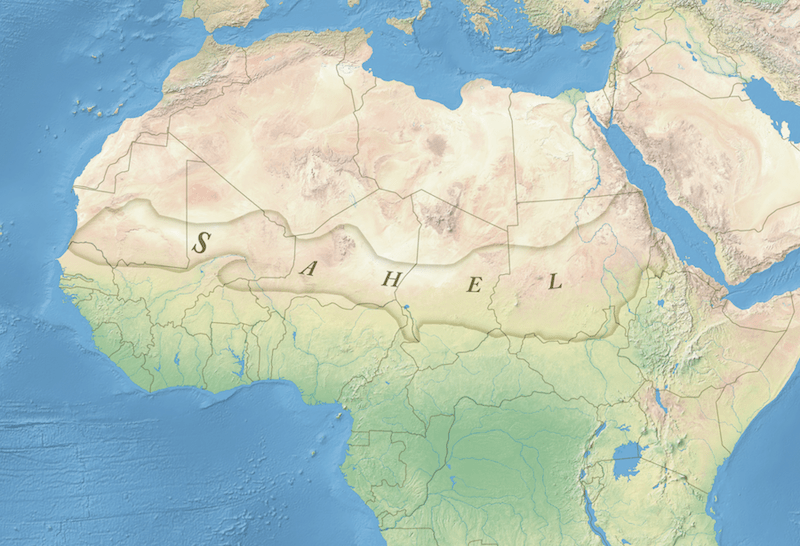
Realizing Potential…One Way or Another
The Sahel Research Group’s interview with Ambassador Alexander Laskaris discussed U.S. Africa Command’s (AFRICOM’s) perspective on terrorism in the Sahel. One statement in particular highlighted the nature of the challenge.
Our overall assessment in the Sahel is that we are dealing primarily with governance crises.
Marginalized communities exist all along the Sahel belt. Their respective country governments often do not support them due to various reasons:
- Lack of capacity. The government simply does not have the resources or manpower to provide essential services, security forces, financial support, or institutional conflict resolution measures to the remote regions within its borders.
- Intentional neglect. Often for political reasons, the ruling party at the capital neglects remote communities or actively disrupts their activities, painting them as an “other” of some kind and usually as a threat to the rest of the country.
The end result is the same, these remote communities are often impoverished, vulnerable to armed groups due to the lack of security forces, forced to resort to internal conflict resolution methods, and worst of all, have no means of social mobility to improve their situation. Members of these marginalized communities are like members of any community; they have dreams, desire an education, want a better job, hope to take care of their families, and essentially want stability for themselves and their households. They want to realize their potential as human beings. If there is no path to potential through the official institutional channels of the state, then they will seek alternate extra-governmental paths, such as violent extremist groups, criminal organizations, or rebel groups. This is the seam that is exploited by threat groups. This is the seam that grows into tears in the social fabric that destablizes households, communities, countries, and regions.
It is for this reason that any military-based counter violent extremism (CVE) strategy in the Sahel will only result in partial, unsustainable solutions. Threat groups thrive in ungoverned spaces. Attacking the groups through military methods does nothing to change the conditions that allowed them to flourish. To achieve sustainable stability in these pockets of fragility, the government must extend its reach to even the most remote communities within its borders and offer essential services, financial support, rule of law, and security. If an international power wants to help in the Sahel, its efforts must be focused on increasing the nation’s capacity to govern itself.
Looking at US foreign policy, building partner capacity is priority for US Department of Defense forces in working with a partner’s security forces. However, these efforts are poorly coordinated with the US State Department or US Agency for International Development efforts to build governance capacity. If the US deems a violent extremist group or transnational criminal organization to be a national security threat to itself, then it must have an overarching strategy to promote governance and stability with CVE as a supporting effort to that plan. CVE should not play the primary role it does today.
In closing, strengthening a government is much tougher than toppling one. However, investing resources in building governance will prevent future conflicts and save countless lives. Recognizing the human drive to realize one’s individual potential is the first step to discovering the path to stability.



